- Alcohol, processed meats, and high BMI tied to increased risk of stomach cancers.
- Risk relationship is linear; Higher rates of consumption of alcohol, processed meats, and higher BMI lead to still higher risk of stomach cancer.
- Approximately 1 in 7 cases of stomach cancer could be prevented by consumption of <3 drinks per day, abstinence from processed meat, and maintenance of a healthy weight.
- These dietary habits could be responsible for as many as 4,000 stomach cancer cases per year in the U.S.
The triad of alcohol (Figure 1), processed meats (Figure 2), and overweight (Figure 3) are significantly correlated with risk of gastric cancers (Figures 4 and 5), according to a recent report published by the American Institute for Cancer Research (AICR) and the World Cancer Research Fund (WCRF). The risk of gastric cancer was shown to increase with higher consumption of alcohol and processed meats and with higher body mass index (BMI) (Figure 6).
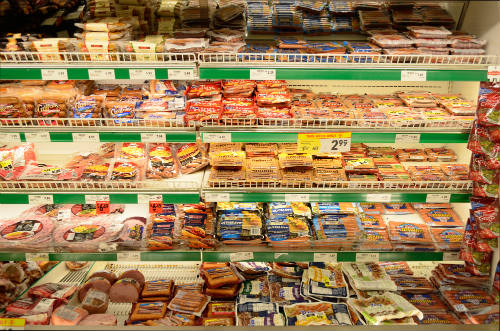
The report, “Diet, Nutrition, Physical Activity and Stomach Cancer,” concluded the following according to a AICR press release:
- Consumption of ≥3 alcoholic drinks per day increases risk of cardia cancer. The authors based this assessment on the U.S. National Institutes of Health (NIH) definition of a standard drink: 12 ounces of beer, 5 ounces of wine, or 1.5 ounces of distilled spirits.
- For every 1.8 ounces of processed meat eaten per day—the equivalent of 1 hot dog or 2 slices of bologna—the risk of cancer in the lower stomach rises by 18%.
- Every 5-unit increase in body mass index (BMI) causes a 23% increased risk of cardia cancer.
- The risk is most apparent in men, as well as in smokers and ex-smokers.
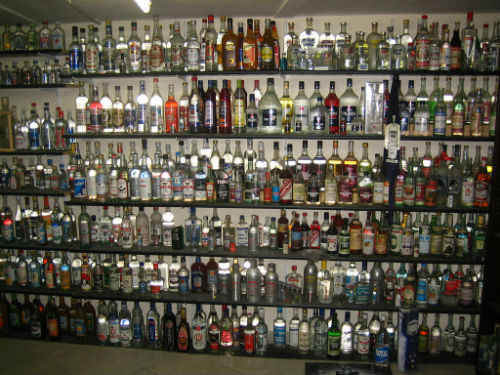
Analysis and Conclusions
The reviewers analyzed 89 that included 17.5 million adults, of whom 77,000 were diagnosed with stomach cancers. Approximately 1 million new stomach cancer cases are diagnosed worldwide each year. Stomach cancer is the fifth most common cancer and the third most lethal type of cancer.
“This report is a real wake-up call. Obesity is now linked to 11 types of cancer and we want Americans to know there are steps everyone can take for cancer prevention and better health, like eating more vegetables, beans, fruits, and other plant foods along with squeezing in a few more steps every day,” explained Alice Bender, MS, RDN, Head of Nutrition Programs at the AICR.
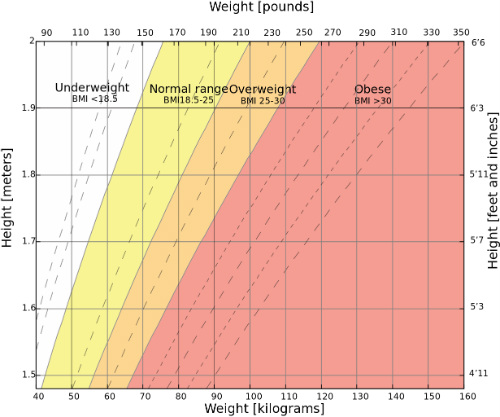
“This new evidence gives us a clearer picture. We can now say, for the first time, that drinking alcohol, eating processed meat and being overweight or obese can all increase the risk of developing stomach cancers. These findings will hopefully help people better understand what increases their risk of cancer so that they can make informed decisions about their lifestyles choices”. Rachel L. Thompson, PhD, RNutr, RD. Dr. Thompson is Head of Research Interpretation at World Cancer Research Fund.
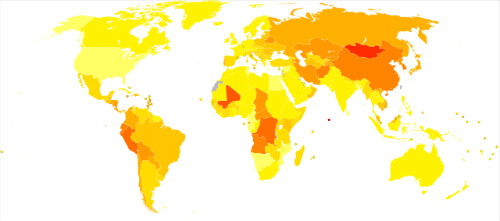
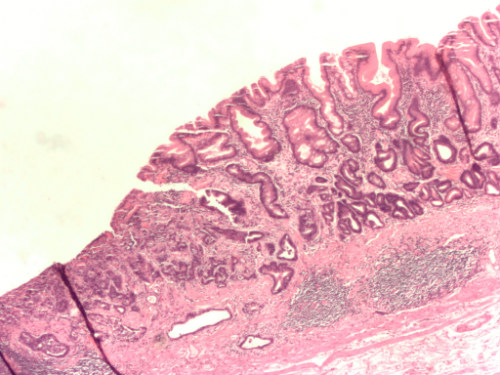
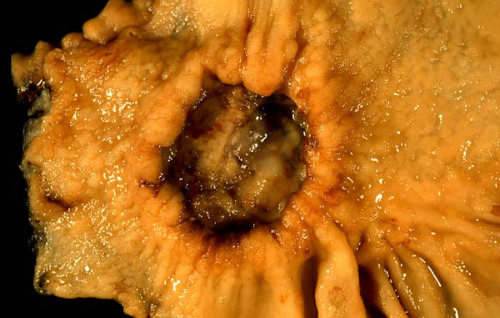
The evidence linking added salt to stomach cancer has changed and is now less strong. However, eating too much salt cannot be ruled out as a risk for stomach cancer and it is still a health concern, according to the AICR reviewers. The AICR recommends consuming no more than 6 grams, or one teaspoon of salt per day.
